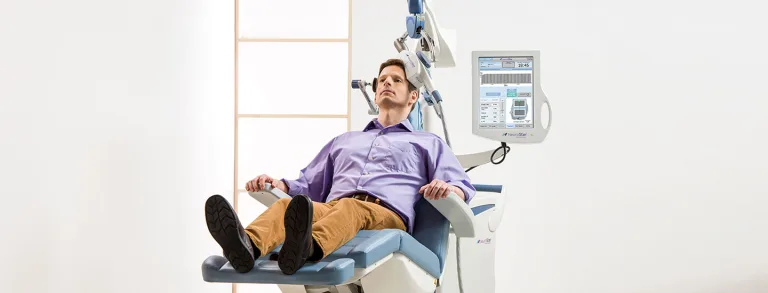The Covid pandemic really scrambled a lot of our traditional social cohesion. There are a number of potential reasons for why people might be socializing less. They include fears of getting sick, for one. In addition, many people are no longer working at the office. Instead they are working from home, which cuts down on social interaction as well as opportunities to go “out on the town” with your colleagues after work. And the third factor that I think is important to consider is the vocational insecurity that a lot of people are feeling given a lot of the layoffs at companies. It’s hard to socialize with your friends and spend money on restaurants or trips when you’re worried that you might be laid off at any minute. Given all this. It’s not surprising that a recent poll shows that fully 42% of Americans state they are less sociable than before Covid and 36% respond that their quality of life is worse off now and 30% think they are more anxious now.
Similar Posts

Depression Doctor Houston: Your Guide to Finding Mental Health Support
In today’s fast-paced world, it’s not uncommon to feel overwhelmed, stressed, or even depressed. If you’re struggling with feelings of sadness or hopelessness, know that you’re not alone. Depression is a common mental health condition that affects millions of people worldwide. However, with the right support and treatment, it’s possible to overcome depression and lead…

Sleep Revenge Procrastination: Why You Stay Up Late Knowing You Shouldn’t
Ever stayed up scrolling even though you were exhausted? You’re not alone—and it’s more common than you think. This late-night habit has a name: Sleep Revenge Procrastination. It’s the decision to delay sleep, even when you’re tired, just to enjoy a little time for yourself—often because your day felt out of your control. While it…

Q&A: What’s the difference between a narcissist and an echoist?
What is an echoist? An echoist is someone who excessively prioritizes the needs of others, often to their own detriment. What is the difference between narcissist and echoist? Narcissists and echoists represent opposite ends of the spectrum in terms of personality traits. Narcissists have an inflated sense of self-importance and a constant need for admiration…

New Research on the Gut-Brain Axis (GBA)
For many years mental health professionals like myself have been aware of the “gut-brain axis” or GBA, which refers to the belief that prolonged psychological stress can create intestinal conditions that are experienced as similar to Irritable bowel syndrome (IBS). As the National Institutes of health puts it: “The gut-brain axis (GBA) consists of bidirectional communication between…

TMS Therapy vs. Traditional Antidepressants: Which is Right for You?
When it comes to managing depression, finding the right treatment can often feel like navigating a complex maze. Depression treatment options are diverse, with various therapies and medications available to address this challenging condition. Among the most discussed treatments are TMS therapy vs. antidepressants, each offering unique benefits and considerations. Exploring these two approaches—TMS (Transcranial…

Q&A: Cannabis and Psychosis
Hi there! Please see these quotes: Q: Why have cannabis-induced psychosis cases been on the rise? A: The relationship between cannabis use and psychosis is complex and not fully understood. This is largely because although it has been studied extensively, different data leads us to different conclusions. Some factors contributing to cannabis-induced psychosis cases include…